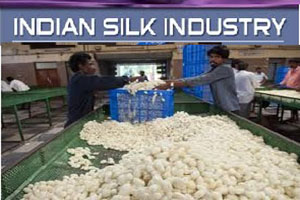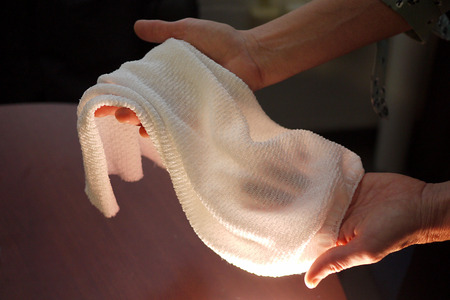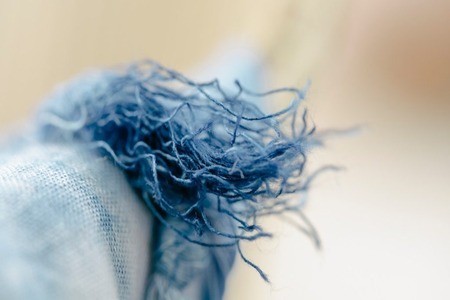
India takes crucial decision to stop import of silk from China
YarnsandFibers News Bureau 2017-04-21 11:00:00 – BengaluruThe Chairman of Central Silk Board of India, K.M. Hanumantharayappa , has taken a crucial decision to stop the import of silk from China. Presently, India is producing 28,000 to 30,000 tonnes of raw silk every year as against its requirement of 34,000 tonnes. A shortfall of 4,000 to 6,000 tonnes is being made good by imports from China.
According to him, though Karnataka accounted for as much as 60% of the country’s raw silk output, there was no State in the country that was not producing silk.
Mr. Hanumantharayappa said that his officials had estimated a time of eight to ten years for India to become self-sufficient.But, he has decided to work towards achieving the target in the next two to three years.
He has set a deadline of three years for the scientists and officials of the board to take necessary steps for India to become self-sufficient in raw silk production.
He added that with the on-going R&D activities in the field of sericulture in the country, the sericulture farmers can now produce not only more amount of raw silk from every 100 disease-free layings, but also reap more mulberry leaves, which serve as food for the silkworms, from an acre of mulberry plantation.
Technologically advanced reeling equipment were also made available to the reelers and others associated with the sericulture industry.
Observing that a number of students of sericulture were coming from rural areas, Mr. Hanumantharayappa called upon them to pursue sericulture as an occupation instead of pursuing jobs.
He said that sericulture is a very lucrative occupation.While a sugarcane farmer may earn around Rs. 50,000 to Rs. 60,000 for an acre, a sericulture farmer can make more than Rs. 4 lakh now, he said, citing the example of how sericulture farmers from even far-off Maharashtra were satisfied with the price their cocoons command in Ramanagaram cocoon markets.
Market Intelligence
Ask for free sample Report

experience
Customer Base
dedicated team
Countries Served Worldwide









